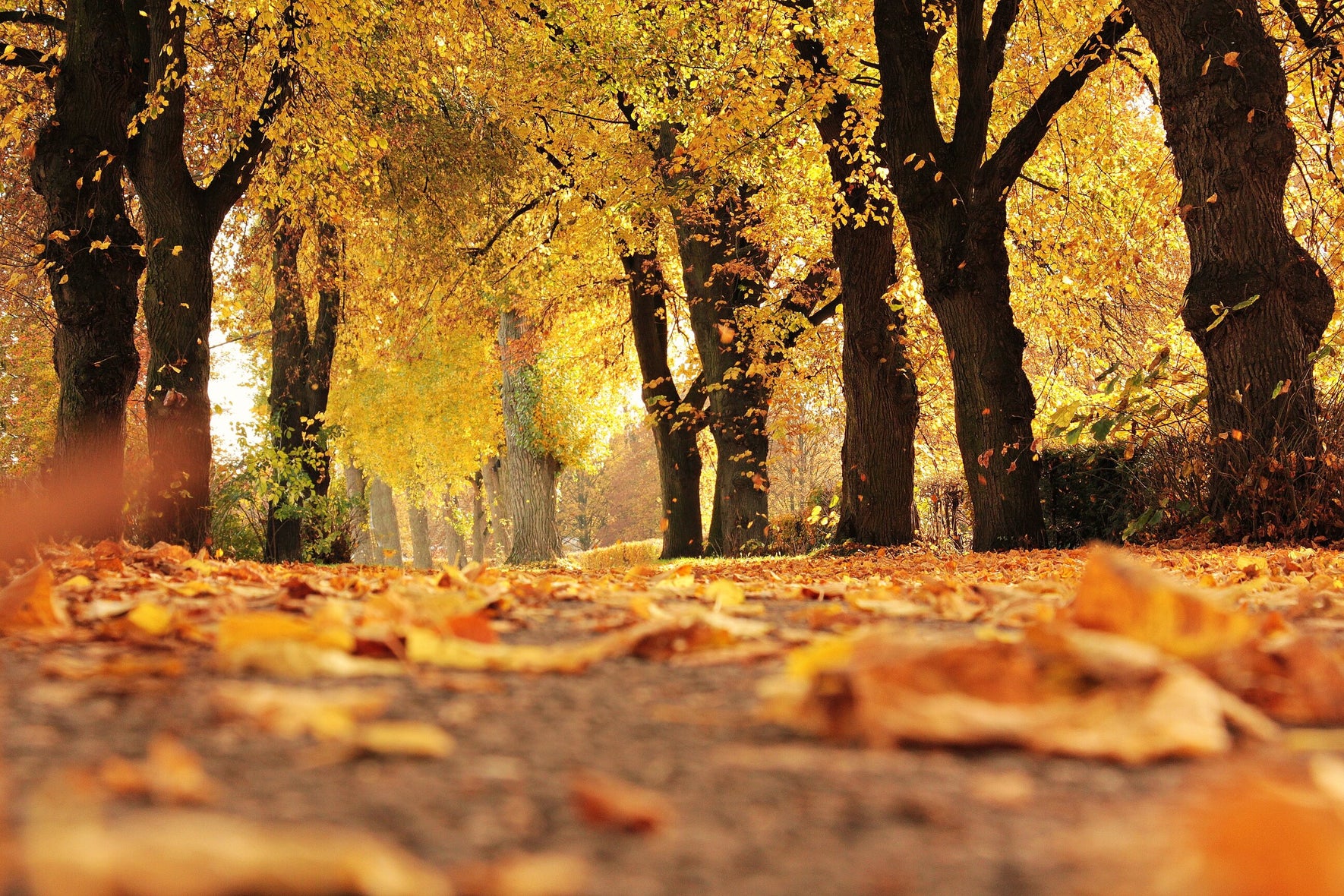
Getting Outside This Autumn Is So Important
As soon as the days start getting shorter and the weather turns cooler, it can be a natural cue for many of us to hunker down inside. And while it might be tempting, maintaining a regular routine of getting outdoors and into the fresh air is more important than ever during the autumn and winter months.
Spending time in whatever sunshine you can find is essential in the colder months as naturally lower levels of vitamin D3 can influence signalling processes in the immune system. These ordinarily help to strengthen the body’s resistance to viruses and disease, so if they're impacted, it means natural immunity is lacking. And although vitamin D3 in particular comes from sun exposure to the skin, meaning you need to get outside as much as you can to get it, when the sun is absent altogether you may also find you need to top it up with a good quality supplement or foods that are enriched with it.
Getting exposure to natural light outside year-round is also important for maintaining a regular circadian rhythm, which is essential for promoting good quality sleep and stable energy levels and alertness throughout the day. But it’s not just our sleep that suffers if we spend too much indoors, the impact on our circadian clocks has a knock-on effect on our immune cells, making them less efficient at preventing bugs from taking hold. As well as regular periods of exposure to daylight and natural darkness every day, a consistent bedtime and wake time will also help keep your natural rhythms working as they should.
Another benefit of getting plenty of outdoor time is its effect on your mood. Being outside promotes serotonin, a hormone that triggers feelings of wellbeing and contentment, which can increase your motivation to exercise. And as well as being a great way to stay fit and feeling good, moderate-intensity exercise like walking strengthens the immune system by increasing the number and circulation of immune cells in the body.



